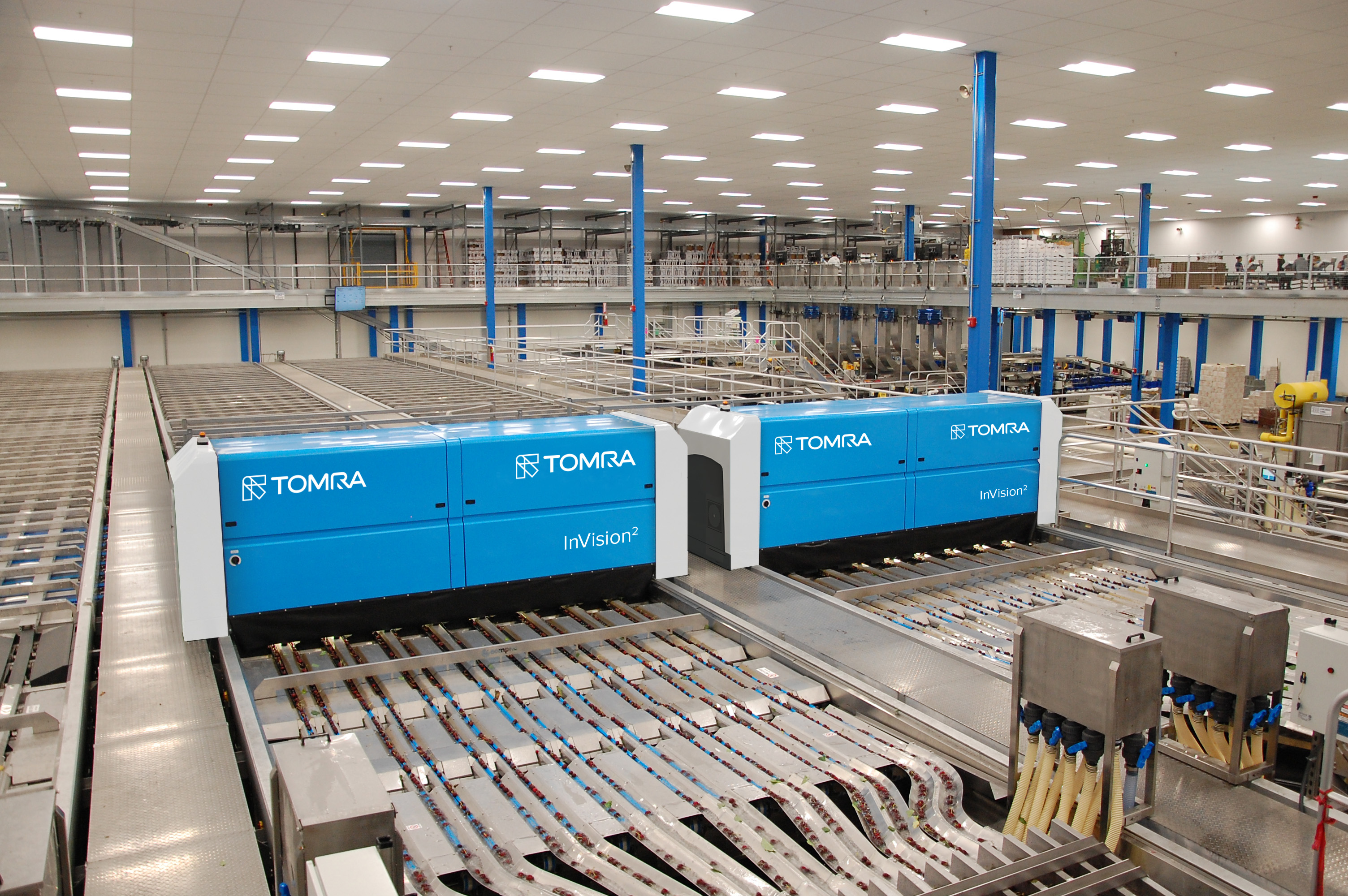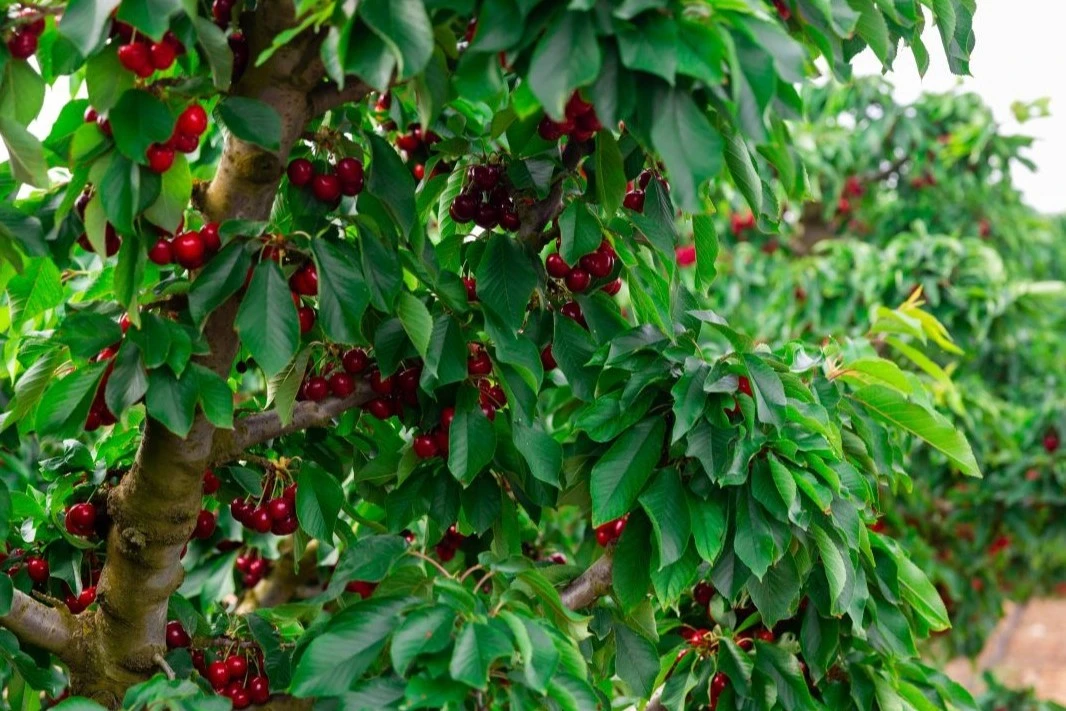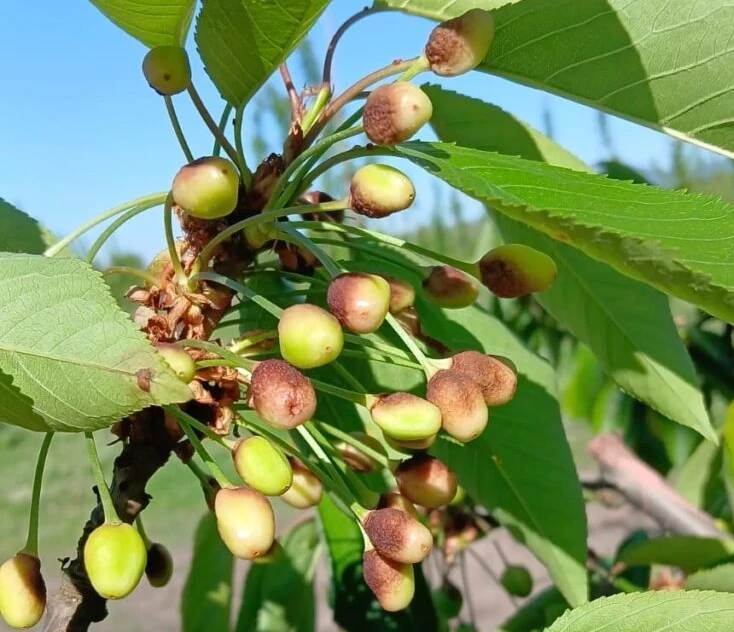At Icoel, 2024 will be remembered as a year of great excitement and expansion. The historic company from Fondi (LT), founded more than 50 years ago by Gerardo Stravato as an artisanal business focused on post-harvest fruit processing, has expanded far beyond European borders.
About two years after the officialization of the partnership with the Norwegian multinational Tomra, the outlook for Bruno Stravato, General Manager of Icoel, is positive.
“Collaborating with Tomra,” he told us during a long phone interview, “has definitely opened us up to non-European markets on the one hand, and on the other, our fruit processing plants have made a leap forward in terms of interconnection between the different machines, parts of the plant.”
"Our engineers and Tomra’s work in close collaboration; it is essentially a co-design process for the projects we share. The machines are complementary, and the customer interacts with us as if we were a single company.”
Looking beyond Europe
During these two years, the launch of the new platform, LUCAi® for InVision2, has been noteworthy. It leverages artificial intelligence and deep learning, an advanced vision technology capable of accurately classifying even the most complex cherry defects, increasing plant efficiency.
While Icoel is historically specialized in automated post-production machinery, from the arrival of cherries in the warehouse to packaging, its partner Tomra focuses on calibration and vision systems.
“Over time, Icoel has transformed into an industrial organization, but our goal has never changed," Bruno Stravato emphasized. "We are always close to the customer and design based on their needs, with maximum flexibility.”
Today, the company employs around 130 people, in addition to a number of collaborators and agents in countries of interest. The collaboration with Tomra initially focused on Europe, South America, Turkey, Greece, and Italy, but is naturally evolving.
Chile: “A Discovery”
Among the countries that have proven particularly interesting is Chile in South America. In fact, when it comes to cherries, Chile has experienced rapid and exponential growth. According to USDA data, the country increased its cultivated area from around 16,000 ha in 2013/14 to 63,400 ha in 2023/2024.
The next season, starting in November, is expected to reach 502,000 MT of production, almost all of which will be exported to China. “Chile has been a discovery,” Bruno Stravato revealed. “We have installed numerous large-scale plants there, making us one of the key players in that market."
It is a market with a strong focus on the optimization of processing times. This is, of course, important to all customers, not just when dealing with cherries, but in Chile, speed is critical. Being able to follow the customer and adapt the machines to their individual needs has always been one of our main goals.”

The customer is at the heart of Icoel’s vision
Among the services offered by Icoel, and of which Bruno Stravato is particularly proud, is the customization that the company pushes to the limit: “If you rely on Icoel and consequently on Tomra, you can be sure that the sales team first, and the engineers later, will tailor a solution that suits your needs."
It is precisely from listening and interacting with the customer that improvements to our products arise, as well as new ideas to solve problems companies face when processing fruit, especially cherries, which are very delicate. This is how successful projects are born.”
The customer is also supported after the purchase of the plant: “We provide continuous training and remote assistance 24 hours a day, 7 days a week. Our technicians and engineers regularly visit companies, and before the cherry season starts, they ensure that everything is working as it should.”
Interconnection is the key to the success of a cherry processing plant
Icoel has an internal research and development team composed of engineers and specialized technicians, with whom they create a continuous synergy: “From now to a year from now, every machine could change because we are in constant contact with customer feedback.”
While this is true for any component of the plant, it is especially true for the LUCAi® platform for InVision2. “The system feeds on data from the installed machines, learning and constantly improving. LUCAi® is having such success that after cherries and apples, TOMRA is developing it for other fruits as well.”
However, for Stravato, the most disruptive innovation in recent years is not necessarily the ability to select cherries more precisely, improving their quality and minimizing waste through artificial intelligence systems trained with real data; instead, it’s about looking at the big picture.
“It’s never just one innovation that makes the difference. In recent years, we have focused heavily on traceability. The key is interconnection, the ability to make all machines work together, the communication between hardware and software. The plant must be seen as a whole, and machines are never developed in isolation.”
"Hardware has now reached such a high level of technology that, from now on, further optimization will rely entirely on software. What is truly important is optimizing information, knowing how to analyze the data, ensuring the information is clear and clean, so that production can be quickly adjusted in case of issues. The challenge is to make the system more efficient while preserving the quality of the cherries,” concluded Bruno Stravato.
Barbara Righini
Image: Icoel/Tomra
Cherry Times - All rights reserved











